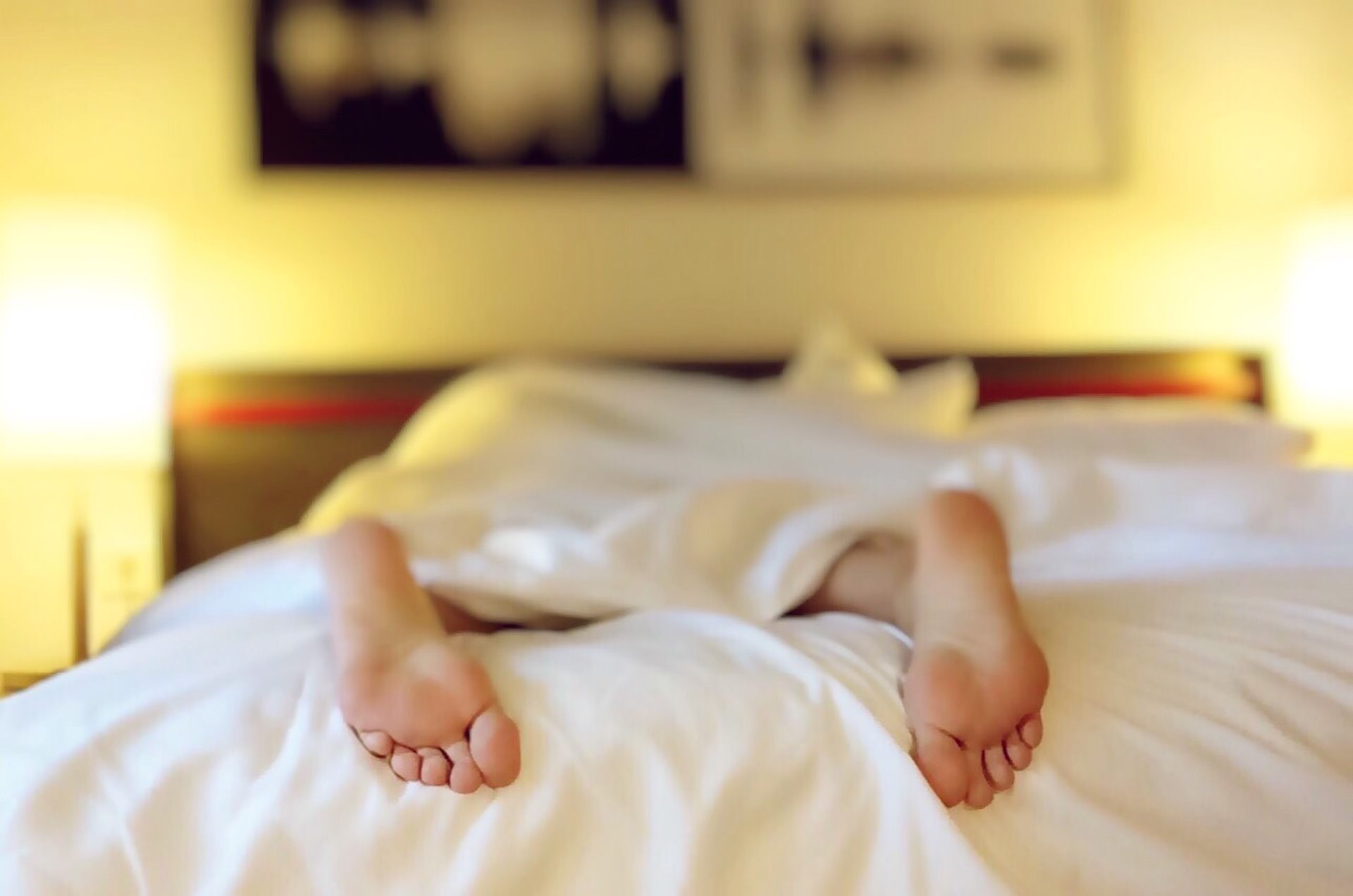Consider the following tips for better sleep, from setting a sleep schedule to including physical activity in you daily routine.
- Have a regular sleep pattern. Try to maintain the same bedtime and wake up time, even on the weekends. This helps to regulate your body’s clock and could help you fall to asleep. However if you don’t fall to sleep within about 30 minutes, get up and do something relaxing. Go back to bed once you’re tired.
- Create a bedtime routine that promotes relaxation. This could include a warm bath, reading a book or drinking warm milk. Avoid activities that that can cause excitement, stress or anxiety which can make it more difficult to fall to sleep.
- Evaluate your room so that it’s ideal for sleeping. Your room should be cool, dark and quiet. Considering using black-out blinds, earplugs or use a fan or another device to create ‘white-noise’. Your pillow and mattress should be comfortable. If possible, don’t allow children and pets to be a disturbance.
- Limit daytime naps. ‘Power napping’ may help you get though the day but long daytime naps can interfere with night time sleep – especially if you’re struggling with insomnia or poor sleep quality at night. If you choose to nap during the day, limit yourself to about 10 to 30 minutes in the early afternoon. If you still can’t go to sleep at bedtime, eliminating even short naps may help.
- Control your exposure to light. Exposure yourself to bright sunlight in the morning and avoid bright light in the evening, especially within 1-2 hours of your bedtime. The blue light emitted by your phone, tablet, computer and TV can be disruptive to sleep.
- Include physical activity in your daily routine. Exercise can promote better sleep, helping you fall asleep faster and to enjoy deeper sleep. Timing is important. Try to finish moderate to vigorous exercising at least three hours before bed or workout earlier in the day.
- Watch what you eat and drink. Caffeine, alcohol and caffeine can disrupt sleep. Caffeine (tea, coffee and cola drinks) should be avoided for at least 4 hours before going to bed. Smoking also makes it difficult to go to sleep, so should be avoided before going to bed or during the night. Alcohol might help you get to sleep, but it will make it harder to stay asleep. It makes sleep problems like snoring and sleep apnoea worse as well. Don’t go to bed hungry or too full. Eating big or spicy meals can cause discomfort from indigestion that can make it hard to sleep. The evening meal should be at least 2 hours before bedtime. Some people find that having a light snack 45 minutes before bed helps them to sleep better.
Nearly everyone has an occasional sleepless night – but if you often have trouble sleeping, don’t hesitate to speak with your doctor. Identifying any underlying causes can help you get the better sleep you deserve.
Find out more about how the Burnside Sleep Centre can help you get a better night’s sleep.



